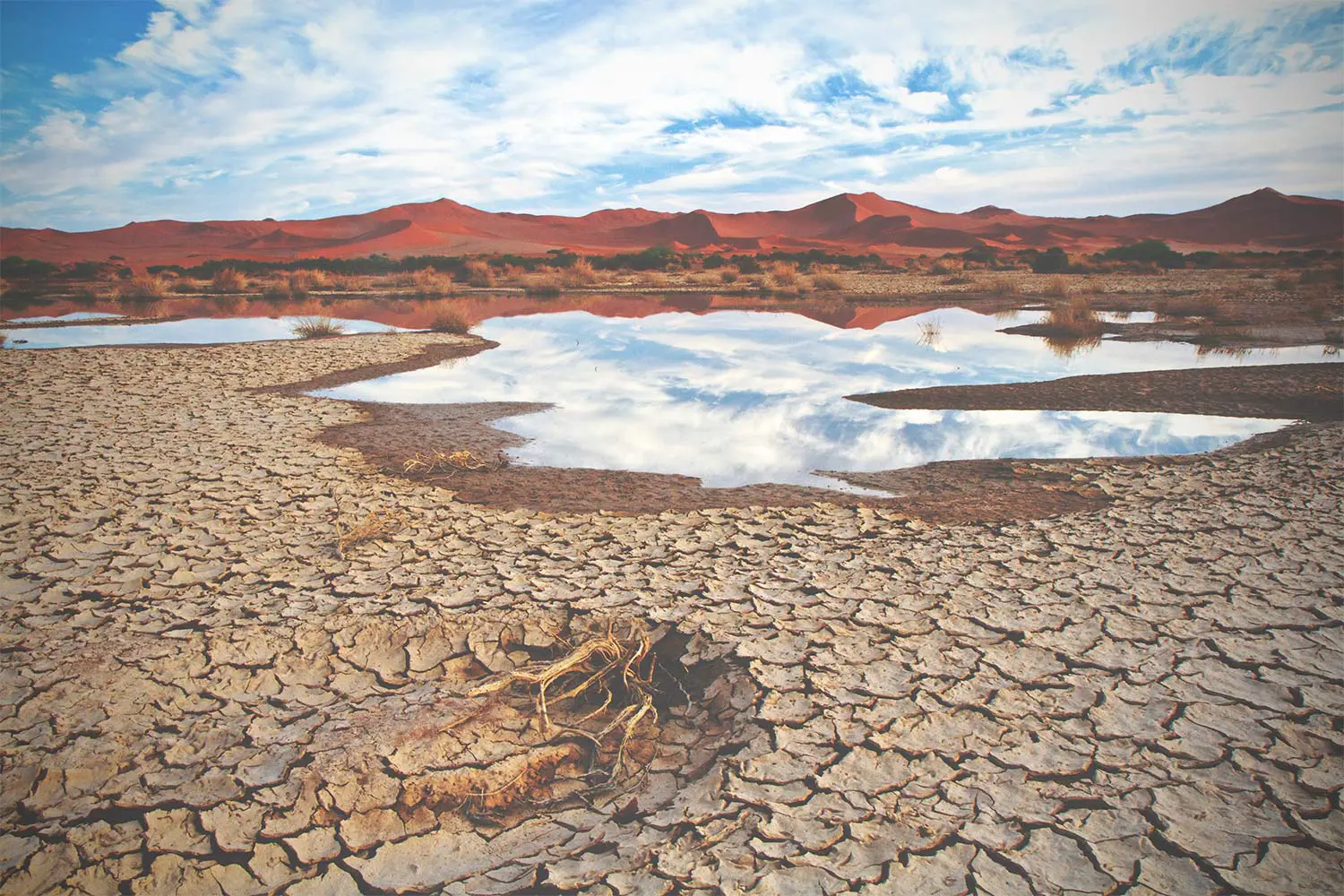A recent study published in the journal Science has sounded the alarm on a pressing global water security issue. The research, conducted by scientists from the University of Colorado Boulder, France, and Saudi Arabia, reveals that over 50 percent of the world’s largest lakes and reservoirs are facing a significant decline in water levels, posing a grave threat to the planet’s freshwater resources.
Using satellite observations spanning nearly three decades, from 1992 to 2020, the scientists examined 1,972 of the Earth’s largest water bodies. The findings are staggering, with the study indicating that 53 percent of these lakes and reservoirs have experienced a decrease in water storage. This amounts to an annual decline of approximately 22 gigatonnes of water, a significant loss.
Over the entire study period, an astonishing 603 cubic kilometers of water, equivalent to 17 times the volume of Lake Mead—the largest reservoir in the United States—have been lost. This rapid depletion of water resources is primarily attributed to two factors: climate change and unsustainable water consumption.
The impact of climate change on water levels is evident, as rising global temperatures lead to increased evaporation rates and reduced precipitation, exacerbating the water scarcity problem. However, the study also reveals the previously underestimated role of human activities in the declining water levels of lakes. Examples cited include the desiccation of Lake Good-e-Zareh in Afghanistan and Lake Mar Chiquita in Argentina, which have both suffered from human-induced water loss.
What is particularly surprising is that the volume losses are occurring not only in dry regions but also in wet areas worldwide, challenging the common perception that climate change predominantly affects dry regions by making them drier while wet regions become wetter.
Lakes and reservoirs play a crucial role in freshwater storage, accounting for a staggering 87 percent of the world’s liquid freshwater resources. The implications of dwindling water levels are far-reaching, directly impacting approximately two billion people residing in lake basins experiencing water decline.
To address this looming crisis, it is imperative to implement sustainable water consumption practices and prioritize climate change mitigation strategies. Failure to take action will inevitably lead to severe consequences in the near future. Responsible stewardship and urgent global cooperation are essential to safeguarding our precious freshwater resources and ensuring water security for present and future generations.




